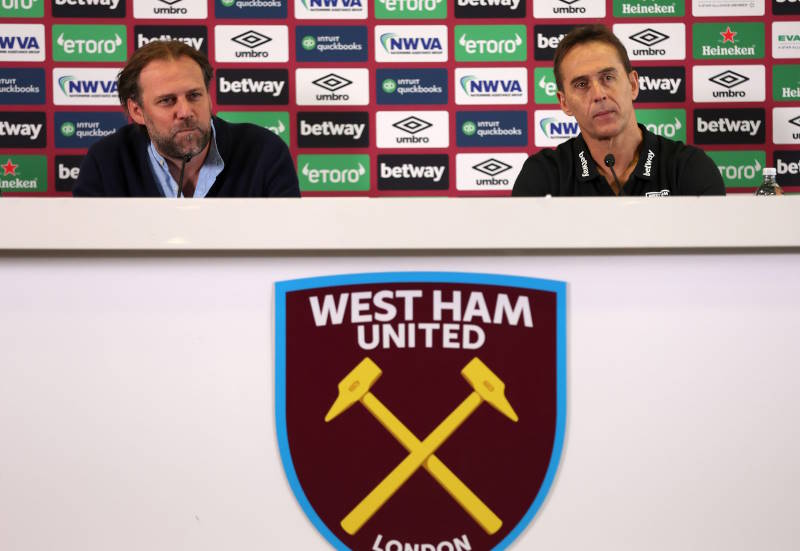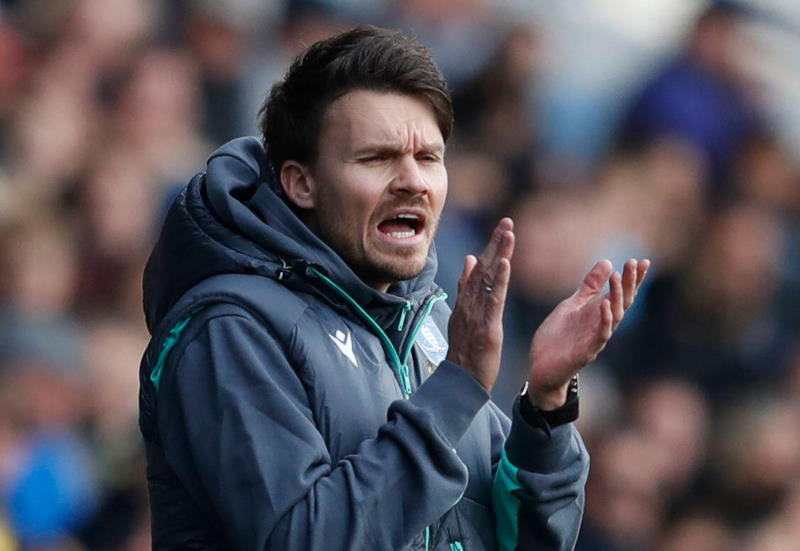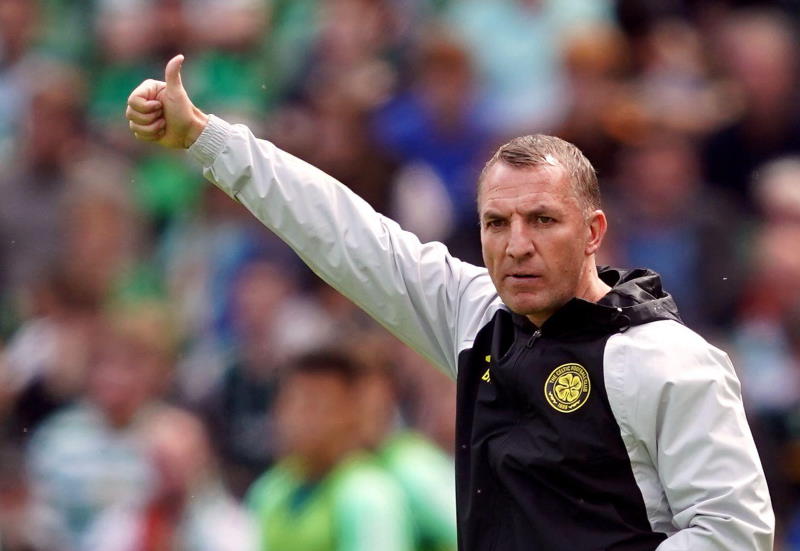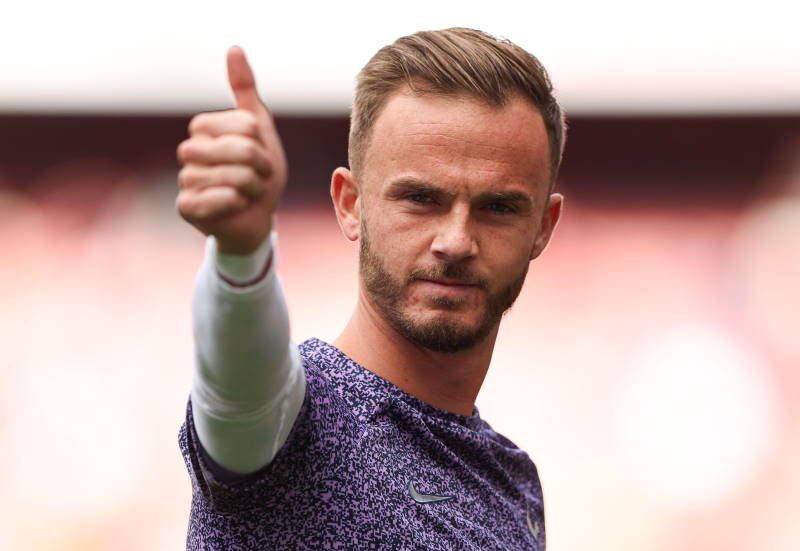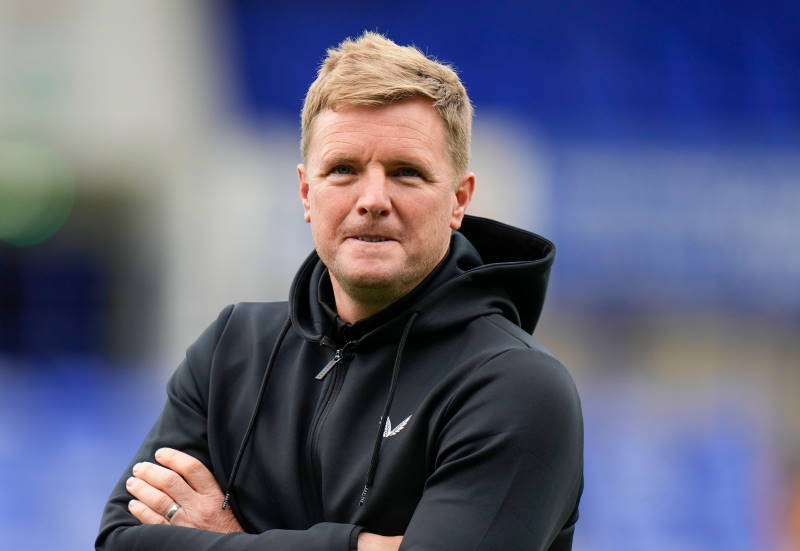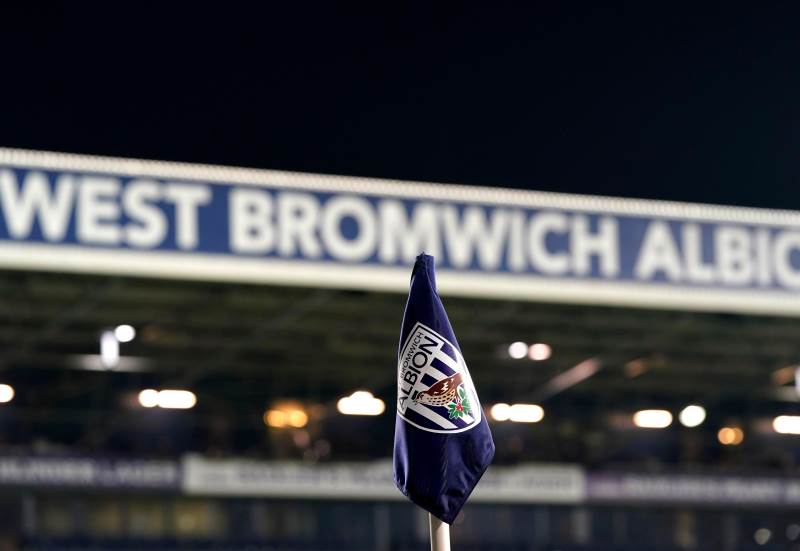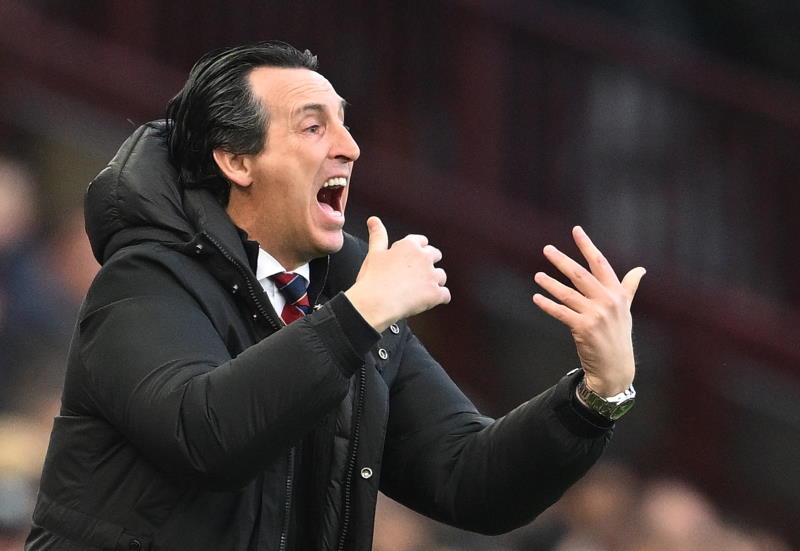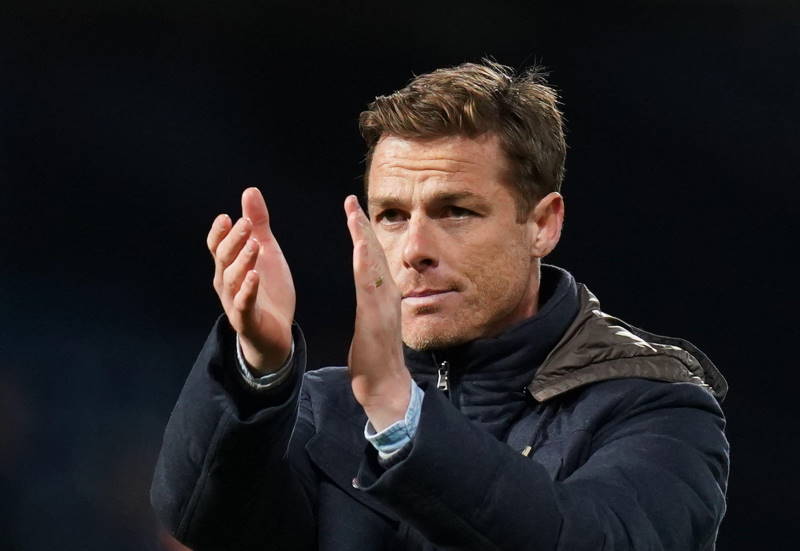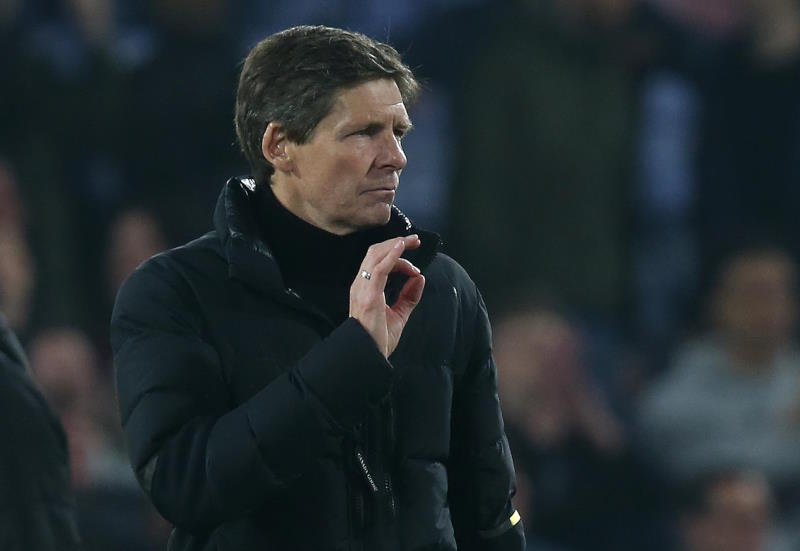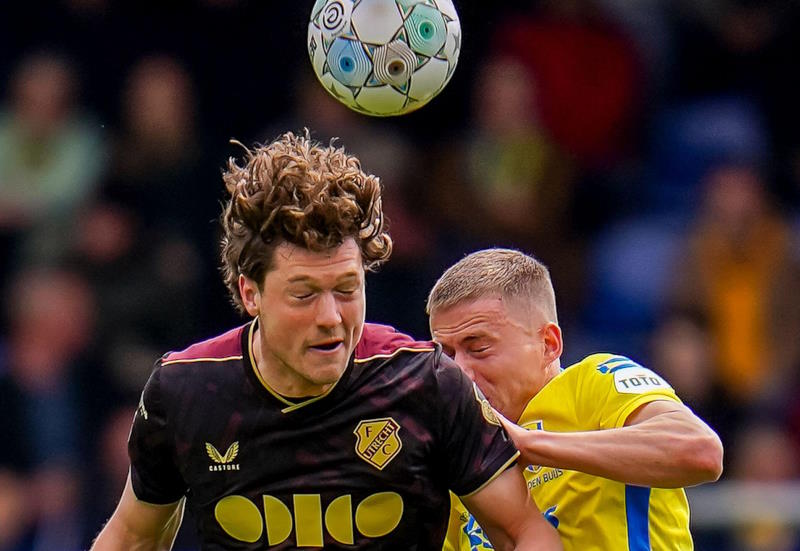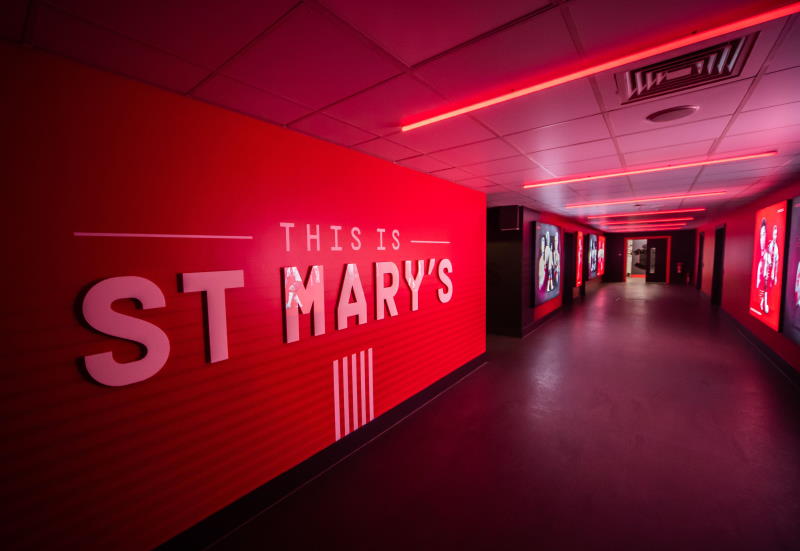Liam Hoare
England’s 2-0 win against Andorra this weekend kicked off another qualifying campaign for the national team. We should, no will succeed in reaching the 2010 World Cup Finals. In terms of opposition only Croatia pose any real threat, not discounting other obstacles along the way such as the conditions the team will find travelling away to Kazakhstan or Belarus of course.
When all is said and done in this campaign the greatest threat to England’s success will be the team itself. Since Italia ’90 the national team has competed in a state of perpetual disappointment. Typically the squad of players and the manager of the time are good enough to qualify for the major tournaments, if one ignores the tenures of Taylor and McClaren. Yet when England teams reach any big stage they tend to hit the self-destruct button, crashing out in a quarter final or losing to easy opposition.
Some have argued that the faults in the national side lie with the attitude of the players themselves. While Gerrard, Lampard and Rooney can turn it on each and every week for their respective Premiership clubs, on the international stage they seem to switch off and play in that slow-and-deliberate style which lost England the crucial Euro qualifier against Croatia. To the ordinary fan sometimes it appears that by playing this type of football, the players don’t care about the success of the national side; no longer are they proud to wear the Three Lions.
No-one though ought to doubt the passion and patriotism of the England players; only an idiot would try and tell someone like John Terry that he and his players don’t care about their country and their team. The style of football England play in fact derives in no small part from the sheer pressure that comes from playing for the national side.
During the three days building up to an England international, even a friendly, the pressure is more intense that at any other time for a domestic footballer. Every aspect of a player’s skill and ability, attitude and mental psyche is over-analysed to the point of nausea. It’s no wonder then that England players don’t play to the best of their abilities, for after all, they realise that any performance that is somewhat less than perfect will be criticised and torn apart by the press pack.
England’s state of perpetual disappointment however is a multi-faceted conundrum; it’s one that can not be placed purely at the feet of the media. To do so would be over-simplistic and give too much credence to the idiotic views of the Football Association and the Premier League that it’s the press that are slowly killing the national game. The issues surrounding the side’s lack of success in fact has its roots in the structure of the international game itself.
For Fabio Capello, the job of manager of the England national side must feel like a part-time pursuit. Aside from the matches he attends for free every Saturday and occasionally on a Sunday, he only joins up with his squad for around nineteen days in the year. In that lies the heart of the problem. Capello can not be expected to forge a team mentally or establish control when the side only sees each other for three weeks out of the year.
To take a poignant example of this lack of power, diets became an issue last week when it emerged in The Sun that players in the squad such as Rio Ferdinand were having difficulty adjusting to the new nutritional regime that the manager introduces in the lead-up to an international fixture. The greater issue to come of this is that whatever diet Capello used was going always to be meaningless, as the day after the game ended the players would return to the clubs and back to their old regimes, under the control of the Premier League.
This is perhaps the most important explanation as to why England has been in this state of seemingly everlasting disappointment: because the England team simply aren’t a team. The armchair pundit would point out that England have Terry, Ferdinand, Gerrard, Lampard, Owen and Rooney; a collection of the most talented footballers in the world. Therefore based on these big names we ought to win the big games. If only it was as simple as that. In order to win the big games and eventually tournaments, naturally there is a need for talented players in the line-up, but unity, cohesion and team spirit are ultimately a greater priority.
There are two examples in recent years that prove this point: Greece in 2004 and Spain in 2008. Before this year’s European Championships, Spain’s national side was without a major trophy going back to 1964. The main reason for this was a lack of solidity in the line-up that mirrored the ethnic make-up within the nation at-large. The squad had always been split been the ordinary Spaniards and the minority groups: the Catalans, Basques and Galicians. Under the stewardship of Luis Aragones, after successive years of disillusionment similar to that of England, the team managed to put aside their divisions to prove to the Spanish people and their press core that they weren’t always going to be the best side never to win a major tournament.
That unwanted label may now have been passed onto England, but it is up to them to use the example of Spain to build the resurgence of the national team. In this country we don’t have ethnic divisions that have marred Spanish football for so many years, but we do have our own struggle of club against country. The Premier League acts as if it is superior to all other footballing bodies, and that attitude has greatly influenced managers like Ferguson, who deem their interests to be of greater importance than those of the national side.
But with the current set of players and with the talented manager we possess, it is more than possible that if greater priority were placed on the national team, placing it above the Premier League, we could take a side to the next World Cup in South Africa and for the first time in a generation have a chance of winning a major international tournament.

